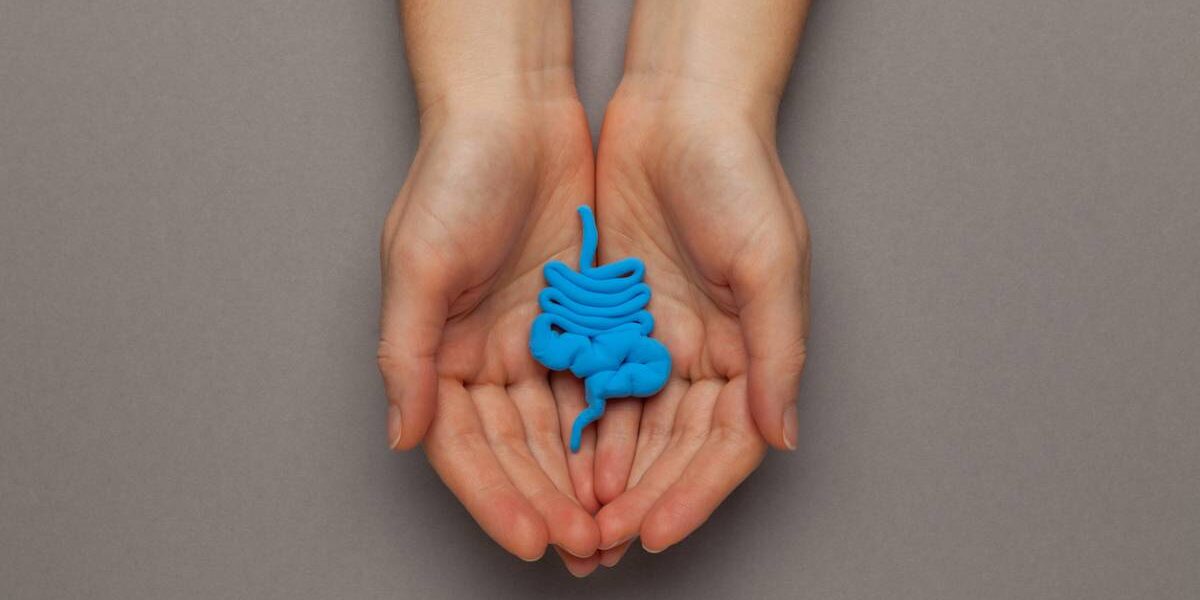Your body’s response to danger is stress and anxiety. These emotional states are more common today because of the demands placed on us by school, work, and relationships. Stress and anxiety can easily take over your life if you suffer from IBS. There is no one-size fits all solution for IBS. However, there are many options to help you manage your symptoms. So can stress cause IBS?
Can Stress Cause IBS?
Today, your local gastroenterologist in Los Angeles will answer the popular question, “Can stress cause IBS?” Our patients are always curious about how different health conditions are linked, and how undue stress from work and school can actually cause some major issues in your digestive tract. Numerous studies have shown strong links between stress and IBS, so let’s find out what triggers each and how we can avoid them in our daily lives.
What is Stress?
Stress is the body’s reaction to anxiety, fear, guilt, pressure, and discomfort. Stress is the way we respond to feeling under pressure or threatened. Stress is when we feel powerless or unable to control a situation. Stress can increase cortisol levels, making it harder for the digestive system’s job.
It’s no surprise that IBS flare-ups and stress both increase the brain’s signal to the digestive system. Over time, stress can tickle this same part of the brain that makes you have to go to the bathroom, making the act of going to the bathroom itself a stress response.
What is IBS?
IBS is a type of functioning gastrointestinal disorder or GI disorder. These conditions are also known as disorders of gut-brain interaction, which is why it is also so closely linked to stress. Irritable Bowel Syndrome, in particular, describes a set of symptoms that can affect your digestive system. It is one of the most common types of gastrointestinal disorders diagnosed across the globe. IBS can cause excessive gas, cramps, abdominal pain – and, of course, stress!
IBS patients tend to have more contractions in their colon muscles than people who don’t have the condition. These contractions can cause pain and cramps. IBS sufferers also have lower pain tolerance. Researchers have also found that IBS patients may have a higher level of bacteria in their GI tracts, which could contribute to the symptoms.
Connecting Stress and IBS
If you have IBS and feel the need to go to the bathroom when you receive a scary text message or an email from your boss, you are likely dealing with IBS symptoms due to stress. Stress can cause hormone releases that can have a negative impact on the gut, disrupting the digestion process.
Chronic stress can lead to an imbalance in the bacteria in your gut and may play a major role in the less comfortable IBS symptoms. But, you may not be able to seek effective treatment for IBS unless you can also treat the stress.
Symptoms of Stress and IBS
There are many reasons for IBS. However, it is possible that you have IBS because you are stressed out. IBS symptoms and stress often look similar. If you experience any of these symptoms, please contact us immediately.
- Stiff neck or jaw
- Muscle tension
- Insomnia
- Sleepiness
- Cloudy thinking
- Forgetfulness
- Low sexual libido
- Low energy
- Fatigue
- Tiredness
- Aches and pains in the body
- Appetite changes
- Weight changes
It’s normal to be concerned or confused by a new symptom. As a first step to assessing the new symptoms, some people prefer to see their primary care physician.
Assess Your Gastrointestinal Health Today
It is unfortunate that there is no single cause or solution for irritable bowel syndrome in Los Angeles. However, it is important to distinguish the connection between IBS and stress as a major cause of several different gut disorders. If you are overly stressed and it’s causing you to go to the bathroom more or less than normal, it might be a good time to schedule a personal consultation with Dr. Tabib. We can help you get your gut health on the right track before you start to experience some of the more negative symptoms.



